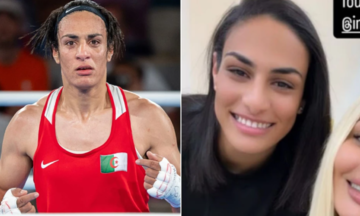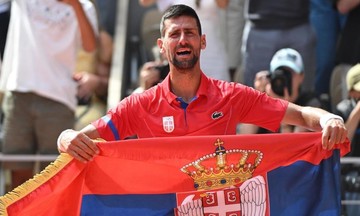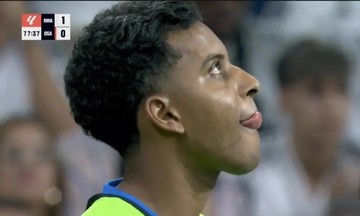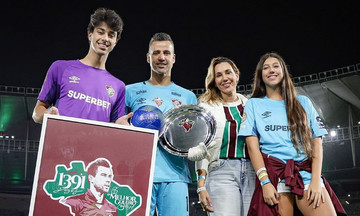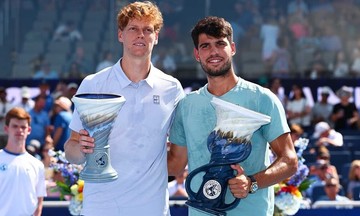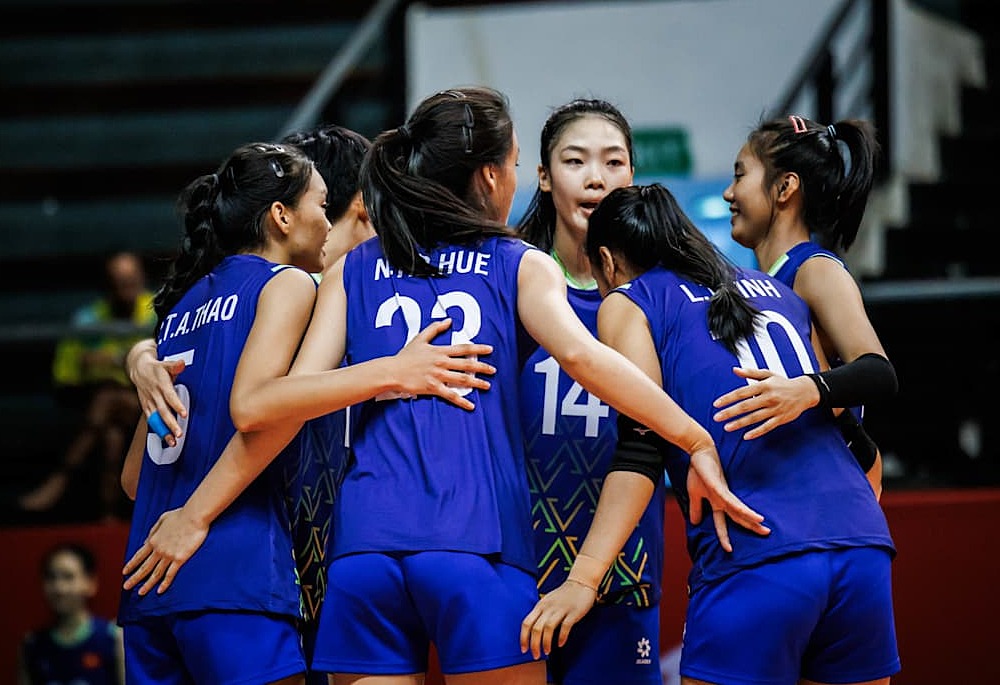 |
Vietnamese players confer during their opening match against Indonesia in Pool A of the 2025 FIVB Volleyball Women's U21 World Championship in Surabaya, Indonesia on 7/8/2025. _Photo: Volleyball World_ |
In their debut at the world championship, Vietnam impressed by defeating host Indonesia 3-0, followed by victories over Serbia, Canada, and Puerto Rico, all with a score of 3-1. Their only loss was to the second-seeded Argentina, 1-3, placing them second in Pool A and initially securing a spot in the round of 16 against Turkey.
However, a sudden turn of events occurred after the group stage. On the night of 12/8, the FIVB announced that Vietnam would forfeit their matches against Serbia, Canada, and Indonesia, with a 0-3 score. The match against Argentina was also changed to a 0-3 loss for Vietnam. The reason given was that a player had violated eligibility rules, but the FIVB did not specify the player or the nature of the violation. This player did not participate in the final match against Puerto Rico on the afternoon of 12/8, so the result of that victory remained unchanged.
Examining the roster, Dang Thi Hong and Nguyen Phuong Quynh were the two players who did not participate in the Puerto Rico match. Hong was a key player, ranking third in the tournament with 83 points, behind Santi of Indonesia (86 points) and Rejmanova of the Czech Republic (85 points). Quynh scored 32 points, ranking 38th.
The situation reversed dramatically for coach Nguyen Trong Linh's team in just half a day. Vietnam dropped to the bottom of Pool A and faced Egypt in the classification round for 17th to 24th place.
Common eligibility violations in elite sports include age falsification, doping, and competing while under legal or disciplinary sanctions. In women's sports, gender is an additional, sensitive, and often controversial factor.
The 2025 FIVB Volleyball Women's U21 World Championship is under the FIVB's jurisdiction. Player eligibility is verified through birth certificates and passports. Typically, the organizing committee conducts a basic document check. However, if any irregularities arise or complaints are filed during the tournament, the FIVB forms a subcommittee for a thorough investigation without notifying the team. Teams can still face penalties even if they have initially met all requirements.
This is similar to the Vietnam Football Federation's (VFF) penalty against U11 SLNA for age fraud. The team claimed to have submitted all required documents, but the tournament regulations and VFF disciplinary code state: "If a team is found to have used ineligible players, regardless of subjective or objective reasons, the responsibility lies with the team.”
Vietnam's performance in the tournament was considered unusual. This drew more attention after U21 Serbia coach Marijana Boricic's statement. After losing 1-3 to Vietnam on 8/8, she said, “We have never trained with a men's team to prepare for the U21 World Championship.”
While not explicitly addressing gender, the statement was perceived as alluding to the physical differences of the opponent. Vietnam had three players who stood out for their physique and fundamental skills.
Subsequently, a team from the same pool, believed to be Serbia, filed a complaint against a Vietnamese player with the FIVB. According to regulations, the FIVB was obligated to launch an investigation.
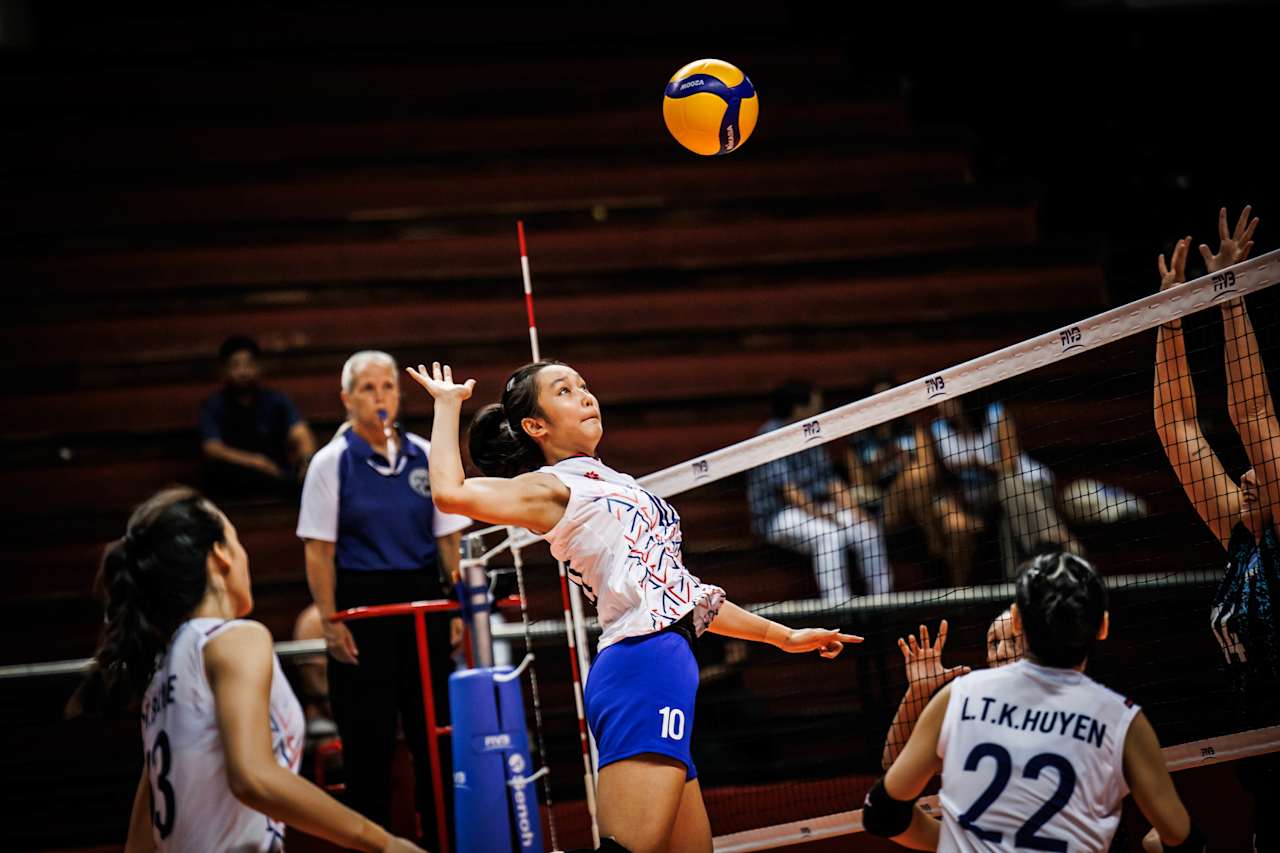 |
Vietnamese players compete against Argentina in their fourth match of Pool A at the 2025 FIVB Volleyball Women's U21 World Championship in Surabaya, Indonesia on 11/8/2025. _Photo: Volleyball World_ |
On the morning of 12/8, the FIVB requested blood and urine samples from several Vietnamese players without disclosing the purpose. This was not against the rules. The organizing committee also requested Vietnam to provide original player documents for verification.
The VFV assumed it was routine doping control. However, Thai and Indonesian media reported it as gender testing.
That evening, the FIVB website unexpectedly listed Vietnam playing against Egypt in the 17th-24th classification round, instead of Turkey in the round of 16. Later, the round of 16 schedule was removed entirely.
The Vietnamese volleyball community was in turmoil. Clarity came only when the FIVB published a statement on its website, announcing the forfeits due to a player's eligibility violation. The statement did not identify the player, the violation, or offer further comment. The FIVB stated its willingness to receive explanations and appeals from the VFV and the player.
This morning, the VFV confirmed it is filing a formal appeal following FIVB procedures. They are also working with Vietnamese authorities to clarify the situation and protect the player's rights and the reputation of Vietnamese volleyball.
According to VnExpress sources, Vietnam has several questions for the organizing committee, including the specific violation and the standards applied. Regarding the testing-related violation, they question the type of test used and whether the lab met International Olympic Committee (IOC) standards.
The process from sample collection to penalty took less than 20 hours, unprecedented in FIVB history. The federation's swift decision was likely due to the classification round matches scheduled for the following day.
Concerning gender, a representative from the Sports Science and Medicine Department of the Hanoi National Sports Training Center noted ongoing global debate even after determining XX (female) or XY (male) chromosomes. Such matters require careful handling due to the significant impact on the athlete and the nation. The representative suggested the FIVB might conduct further testing and issue a final decision after the tournament concludes.
Medical experts from the IOC and international federations for athletics, swimming, and boxing acknowledge that the XX-XY boundary is not always clear-cut. Some individuals have differences of sex development, leading to anatomical characteristics not aligning with their assigned sex. For instance, a woman without a uterus, with gonads located in the abdomen and high testosterone levels, might have XY chromosomes.
According to the United Nations High Commissioner for Human Rights, 0.05-1.7% of the world's population is born with intersex traits.
Gender is addressed in Article 2, Clause 3 of the FIVB's general regulations on age and gender. An athlete's gender is verified through their birth certificate. A one-time gender change is permitted, but the athlete must convincingly demonstrate to the FIVB Gender Eligibility Commission that this change does not provide a competitive advantage. This is based on a comprehensive process undertaken by the athlete.
The FIVB does not mandate gender testing like World Athletics but may request random tests following a comprehensive procedure.
This procedure may include physiological factors (natural changes, height, weight, BMI, muscle mass), medical factors (gender-affirming surgery, testosterone levels, muscle receptor measurements, new medical developments and discoveries), and sporting factors (performance in national competitions, ranking, experience competing in their original gender). Athletes can submit additional documentation or be requested to do so by the Gender Eligibility Commission.
Gender verification remains a sensitive issue in sports, as highlighted by the controversies surrounding Lin Yu Ting (Taiwan) and Imane Khelif (Algeria) at the Paris 2024 Olympics.
Hieu Luong





